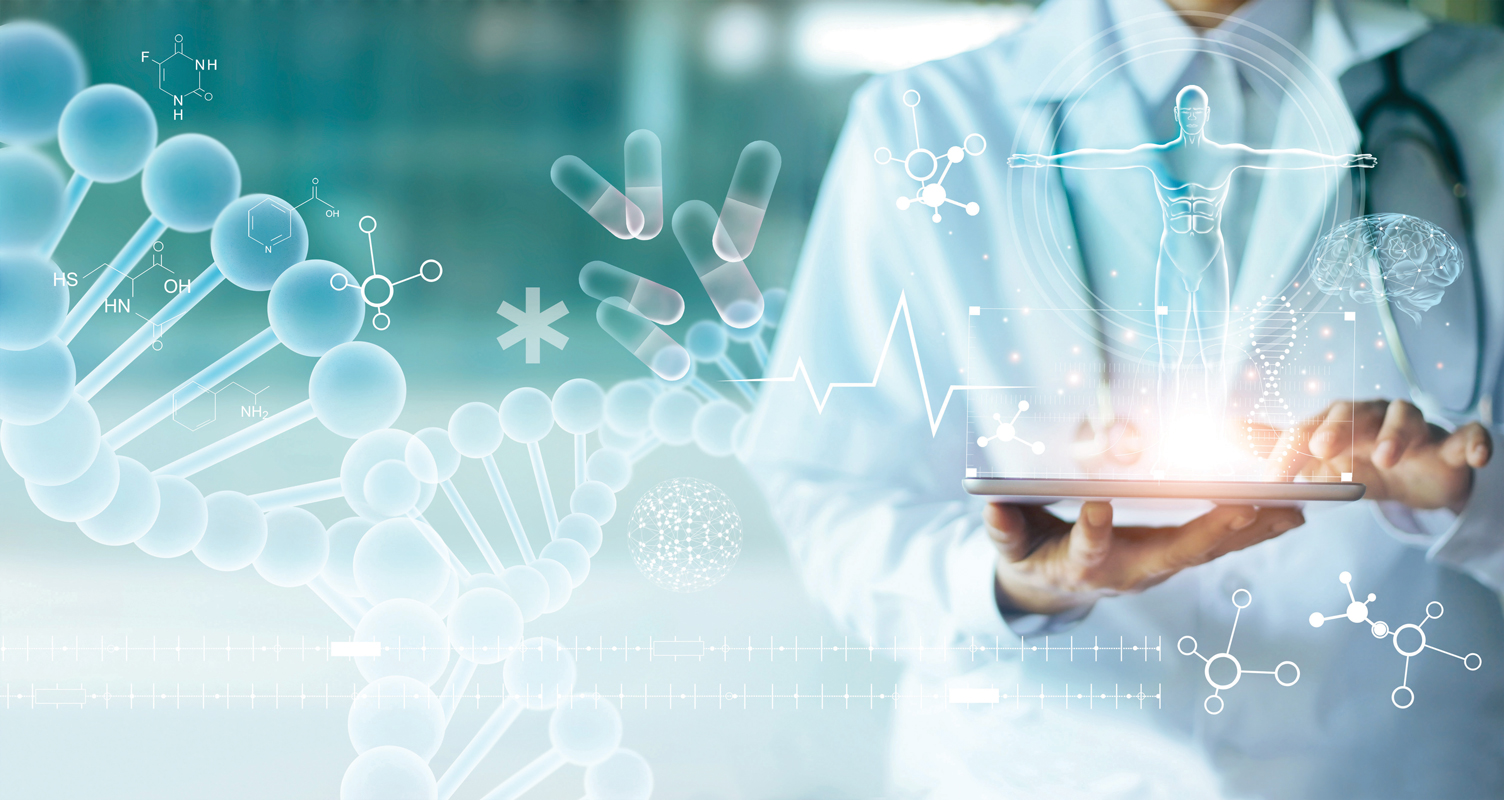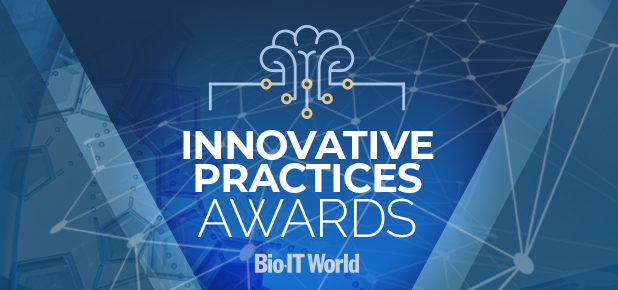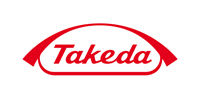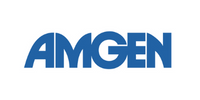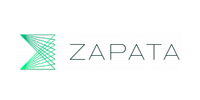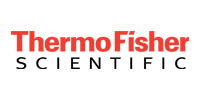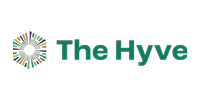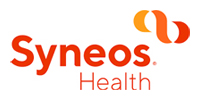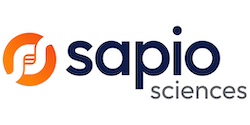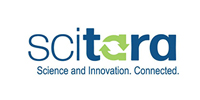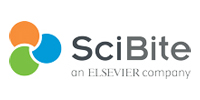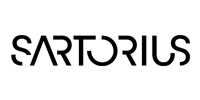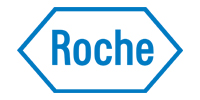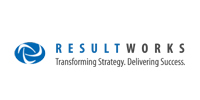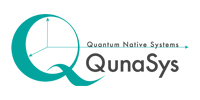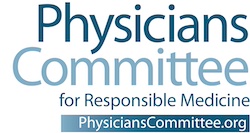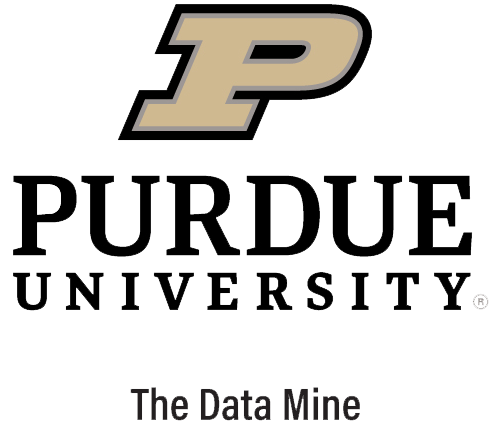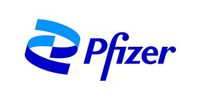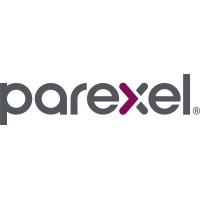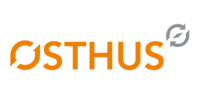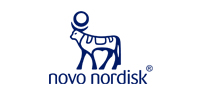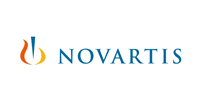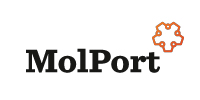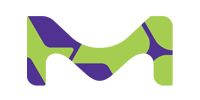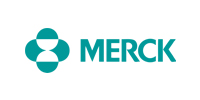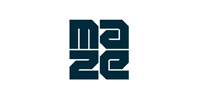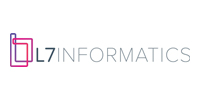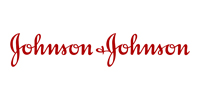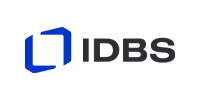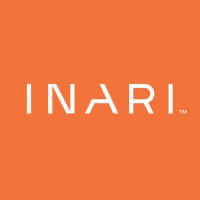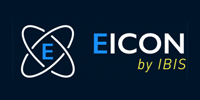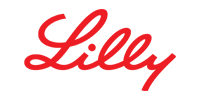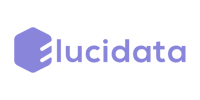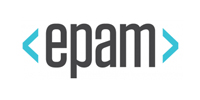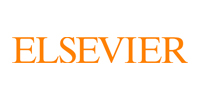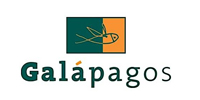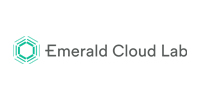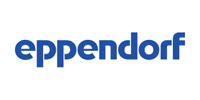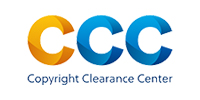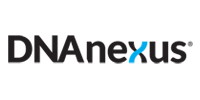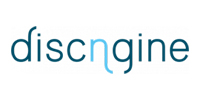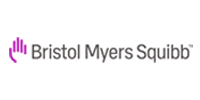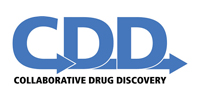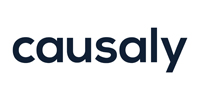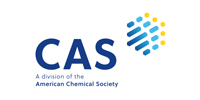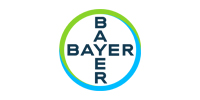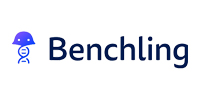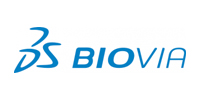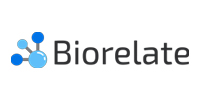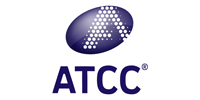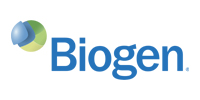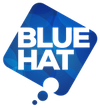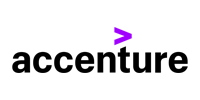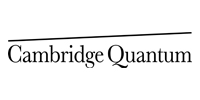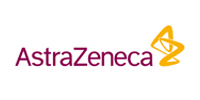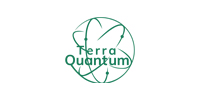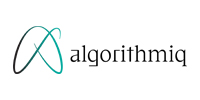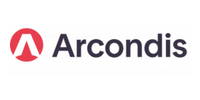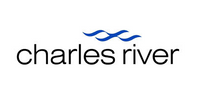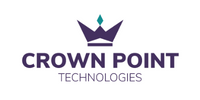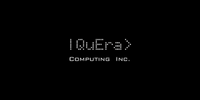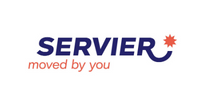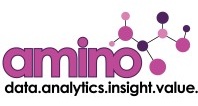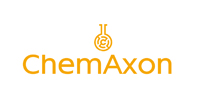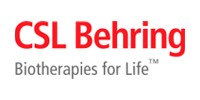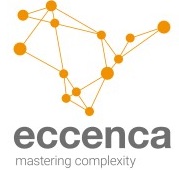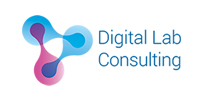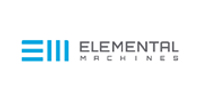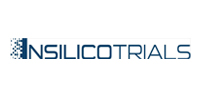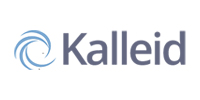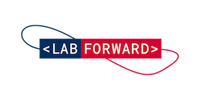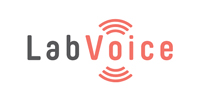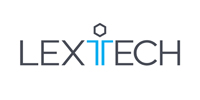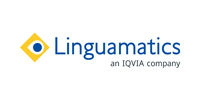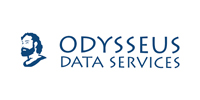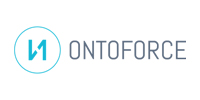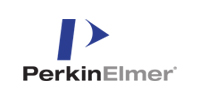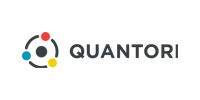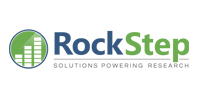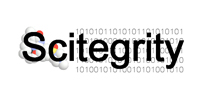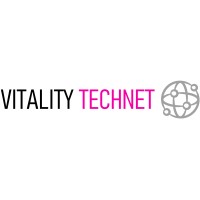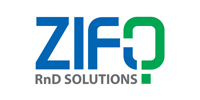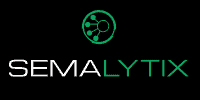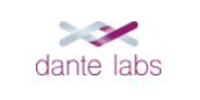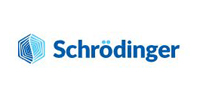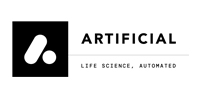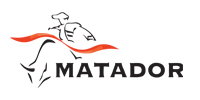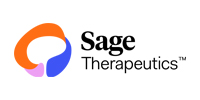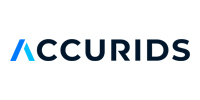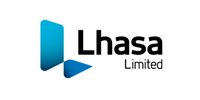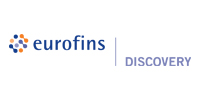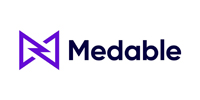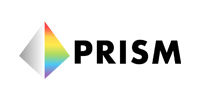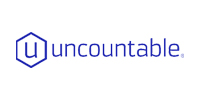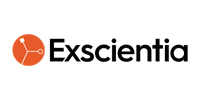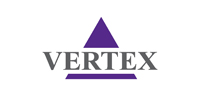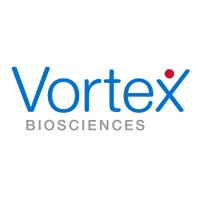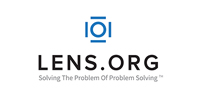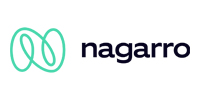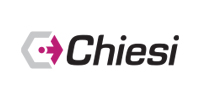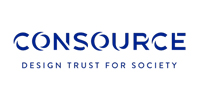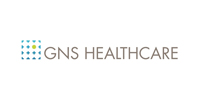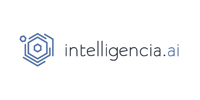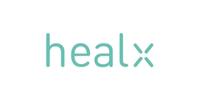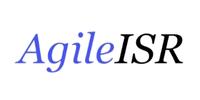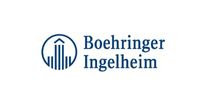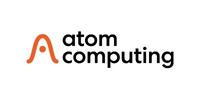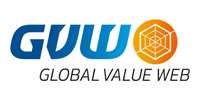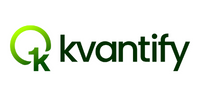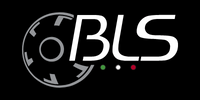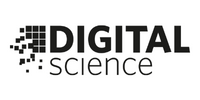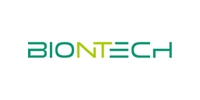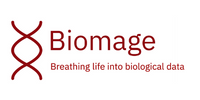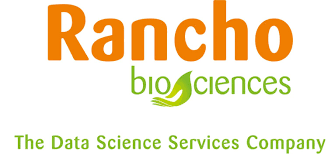
Who We Are
We are a not-for-profit organization with over 200 member companies across the life science ecosystem collaborating across more than 25 projects and communities to advance science. Our members include 18 of the top 20 global pharma companies by revenue, patient-led research groups, technology and solution providers, academic institutions, publishers, and commercial research groups.

Our Mission
Our mission is to lower the barriers to innovation in Life Sciences. Our unique framework for collaboration enables organizations across the industry to work together to solve common issues thus eliminating barriers to innovation.
Advantages of Membership
The ability to instigate and collaborate, risk-free, with experts from other companies in our communities and projects to solve industry-wide issues and deliver tangible results to your user communities.
Build a network of peers and mentors across the industry and across the world, enhancing your skills and career progression with professional development through involvement in our training programmes, events and webinars.
The Pistoia Alliance Project Portfolio Update for 2023 & 2024
We are structuring the portfolio of projects and communities around four strategic priorities, ensuring that the Pistoia Alliance delivers value to members with impactful solutions that address the biggest R&D challenges that lie ahead. Our projects transform R&D innovation through pre-competitive collaboration. If you have an idea for a project, please get in touch, by email, at projectinquiry@pistoiaalliance.org
Strategic Priority:Delivering Data Driven Value
We are committed to harnessing the power of data to drive innovation, accelerate discoveries, and optimize decision-making processes across the industry, thus achieving exceptional value at scale.
Highlighted Project:IDMP Ontology Project
A well-defined ontology that bridges between regional and functional perspectives on common substance-related data objects and global and scientifically objective representations is required. The goal of our project is to build an IDMP Ontology that enables deep, semantic interoperability based on FAIR principles to enhance and augment the existing ISO IDMP standards.
The European Medicines Agency (EMA) will be the first health agency to mandate compliance with ISO IDMP (Q4, 2024), with the FDA not far behind. Governance of essential IDMP standards and implementations is not assigned to a specific, overarching governing body. Diverging implementations of IDMP across geographical regions and jurisdictional domains are already causing inconsistencies in the interpretation across implementing organizations. Given that there is no semantic alignment between regulatory bodies, there exists a risk that regulatory compliance needs will lead to large integration and interoperability costs and that the benefits from IDMP in drug safety, innovation, and other areas will not be fully realized. Rather than concentrating on the discovery of new medicines, organizations will be struggling with data issues, e.g., the need to map product data across the organization, throughout the product lifecycle.
Due to our robust framework for pre-competitive collaboration. The Pistoia Alliance was selected to manage this initiative with the goal of creating an ontology that demonstrates added value to the ISO IDMP standards for data usability across organizational boundaries and regulatory jurisdictions. We have pulled together a core team consisting of Pharmaceutical stakeholders, regulatory bodies, standards organizations, non-profit groups, and solutions providers for this project.
The key objectives for the project include:
- Provide a digital, machine-processable standard.
– The Pdf document provided by EMA is not enough as different groups implement it differently - Solve ambiguities of the ISO IDMP standards enabling feed improvements back to ISO through systematic reviews
- Bridge different views with ONE product data model between internal pharma departments and between industry groups
- Provide a vendor-agnostic, and open-source model. The ontology is fully standards-based without any proprietary aspects
- Reduce implementation effort through a common core
Strategic Priority:Harnessing AI to Expedite R&D
Embracing the potential of artificial intelligence, we seek to empower researchers and organizations to streamline R&D processes, expedite drug discovery, and unlock novel insights through the integration of AI-driven technologies.
Highlighted Project:Artificial Intelligence & Machine Learning Community
Our community aims to define best practices for the use of Artificial Intelligence and Machine Learning in Life Sciences research. Currently we are considering a new project around Large Language Models, like the now famous ChatGPT. In order to determine the direction of this project, we invite all interested parties to complete the below survey.
Artificial Intelligence in Life Sciences is moving from the peak hype to a more realistic view of the capabilities and value of the technology. Now is the time to find the best use cases and define the best practices for the use of Artificial Intelligence and Machine Learning in life sciences.
Without a doubt, Artificial Intelligence and Machine Learning can potentially transform large aspects of Life Sciences and Health workflows, and the industry has made considerable investments in Artificial Intelligence and Machine Learning arenas.
Our aim is to discover and promote the best ways to use these new promising technologies, apply them to solve previously intractable problems of significance to the public and educate our members via cutting-edge presentations and discussions.
Current areas of focus include:
- Developing a Best Practices Toolkit for the Good Machine Learning Practices in life sciences (2021-2023)
- Educating members of the community about use cases and applications through our webinar series and conference presentations
- Defining specific pre-competitive project ideas and spinning out new projects or communities of interest. We recently spun out the DataFAIRy Bioassay Annotation project.
The community has also successfully completed:
- A Best Practices peer-reviewed paper published in Drug Discovery Today.
- A Drug Repurposing Datathon to find treatments for chronic pancreatitis in children. This initiative won a BioIT World Award in 2020.
The Centre of Excellence is organizing events, webinars, and hackathons, which will cover a range of challenges aimed at kicking off AI projects or prototype AIs. This will help us to work out where the main challenges are, and to establish an adoption strategy that serves these needs. The Pistoia Alliance’s community also provides a virtual and physical co-working space, enabling life science professionals to share best practices and learn how best to apply AI, machine, and deep learning to R&D – wherever they are in the world.
Click here to join the mailing list for the Pistoia Alliance Artificial Intelligence & Machine Learning Monthly Newsletter.
Project Funders
Strategic Priority:Accelerate Use of Real-World Data and Evidence
Recognizing the potential of real-world data in shaping healthcare outcomes, we strive to promote its widespread adoption, enabling evidence-based decision-making and fostering patient-centric advancements in medical research.
Highlighted Project:Social Media and Real-World Evidence
The goal of the Social Media to Produce Real-World Evidence (RWE) project is to develop and publish key regulatory guidelines associated with the use of social media as real-world data (RWD) to produce RWE.
More and more pharmaceutical companies are utilizing social media to get patient insights or Real-World Data (RWD) to produce Real-World Evidence (RWE). While there is very concise regulatory guidance on many other sources of RWE for drug approval and Health Technology Assessment (HTA), the same is lacking for social media as a source of RWD.
Social media and RWE fall under the Pistoia Alliance’s “Empowering the patient in R&D” strategic theme.
Social media poses an interesting and promising method to listen to patients’ voices directly and in real-time, thus capturing unsolicited, first-hand data about the patient experience in large volumes. Moreover, social media listening can be applied to capture the caregiver’s perspective for diseases where patients cannot share their experiences directly. The potential of social media data for carrying out online patient experience research has recently been acknowledged by the FDA in their guidance on “Collecting Comprehensive and Representative Input” and “Methods to Identify What Is Important to Patients” for PFDD. In this guidance, the FDA is doing a balanced assessment by explicitly emphasizing the potential usefulness of social media data to be included in regulatory submissions, while pointing out its potential limitations.
Consequently, the uptake of social media generating RWD as a source for RWE is increasing globally across the industry.
To leverage this huge potential for online patient experience research, automated solutions should be pursued and integrated into the Patient Focused Drug Development (PFDD) chain. Uncertainties surrounding regulatory validity and acceptability resulting from patient experience research need to be mitigated.
This COE proposes to collaborate on strategies to identify and resolve issues with the intent to maximize the benefits of utilizing online patient experiences as RWD leads to RWE. A goal is to develop these strategies into industry standards and propose them to regulatory authorities such as the FDA and EMA for approval.
Regulatory approval will create trust and reliability needed for industry adoption of these standards to implement patient experience research as an integral tool in their PFDD chains. Participating members benefit directly through the facilitation of an innovative, scalable approach for broad, strategic use, making the patient voice actionable in PFDD.
Strategic Priority:Sustainability-Driven R&D
In harmony with the growing ESG focus, we are dedicated to promoting sustainable practices within the R&D ecosystem, fostering environmentally responsible approaches, and creating a positive impact on our industry and the world.
Highlighted Project:Carbon Footprint of Decentralized Clinical Trials Project
The Clinical Trial Environmental Impact project wishes to develop a dynamic model that compares the carbon footprint of a clinical trial in traditional, hybrid and fully decentralised settings.
There is growing pressure from patients, healthcare payers, and governments to reduce the environmental impact of life sciences. In the future, we expect new legislation that will require pharmaceutical and contract research organizations to measure and report on the environmental impact of their operations.
The Pistoia Alliance believes that an immediate opportunity is the assessment of the impact that clinical trials have on the environment. Evaluation of the carbon footprint of clinical trials is rarely evaluated despite it being very visible. More pharmaceutical companies are moving towards the model of Decentralized Clinical Trials (DCT) and currently, it is not known if this new approach will have a greater or lesser impact on carbon footprint. A robust and accurate methodology for assessment is needed and will require collaboration amongst a broad mix of experts from both the life sciences and sustainability fields.
We propose to lead a coalition of experts to build a dynamic model that:
- Identifies the key drivers for carbon footprint in a clinical trial and develop metrics for each with estimates of each for a ‘typical’ clinical trial
- Users of the model will have the ability to turn on and off key parameters such as patient engagement, DCT, and patient diversity activities in order to see the impact of each on carbon footprint.


